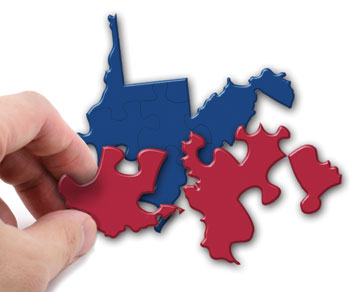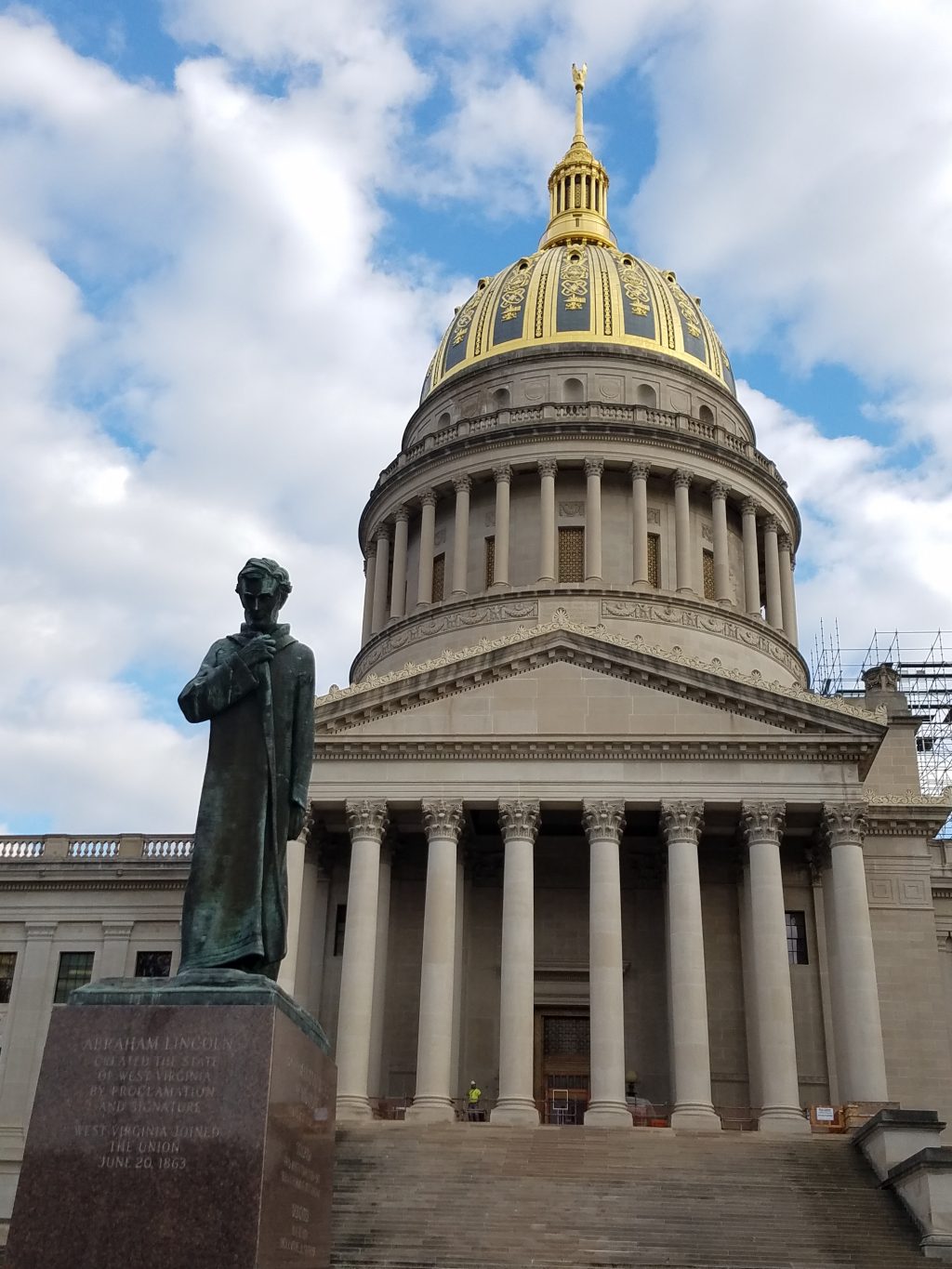- Like
- Digg
- Del
- Tumblr
- VKontakte
- Buffer
- Love This
- Odnoklassniki
- Meneame
- Blogger
- Amazon
- Yahoo Mail
- Gmail
- AOL
- Newsvine
- HackerNews
- Evernote
- MySpace
- Mail.ru
- Viadeo
- Line
- Comments
- Yummly
- SMS
- Viber
- Telegram
- Subscribe
- Skype
- Facebook Messenger
- Kakao
- LiveJournal
- Yammer
- Edgar
- Fintel
- Mix
- Instapaper
- Copy Link
We’ve written a couple of times about a bill (HB 2383) under consideration by a House Judiciary Sub-Committee the would establish an independent redistricting commission to redraw the boundaries of West Virginia’s legislative and congressional districts after the 2020 Census. The five member sub-committee consisting of Delegates John Overington (R-Berkeley) – Chair; Kayla Kessinger (R-Fayette), Chad Lovejoy (D-Cabell), Mike Pushkin (D-Kanawha), and Mark Zatezalo (R-Hancock) met several times in recent weeks and seemed to making good progress in coming to an agreement on the composition of the commission, qualifications for members, and how they would be chosen; developing a list of factors that could be considered (and not considered) in the process of drawing new maps; and providing opportunities for public input.
However, when the subcommittee met for the final time with the goal of approving a final draft bill to send to the full committee, Delegate Kessinger offered an amendment to take out the commission and continue to leave the process of drawing legislative and congressional district maps up to the legislature, undermining the original intent of the bill, and maintaining the status quo. The amendment was approved on a party-line vote, with the Republican members of the committee in favor. (Read more here.)
If your delegate(s) serve on the House Judiciary Committee, let them know you are disappointed with this development. Urge them to honor the original intent of the bill and appoint someone other than legislators to draw legislative district maps.
Voters should be choosing their elected officials, not the other way around. The current redistricting process allows legislators to draw the maps that govern their own elections. This provides opportunities for political mischief and manipulation of districts lines to benefit one political party or to protect incumbents.
We need to let our delegates know that we want a process that is impartial, transparent, and accountable. This means having an independent redistricting commission lead redistricting efforts, providing ample opportunities for public participation throughout the process, and clear standards to guide the process that ensure equality and fairness.




